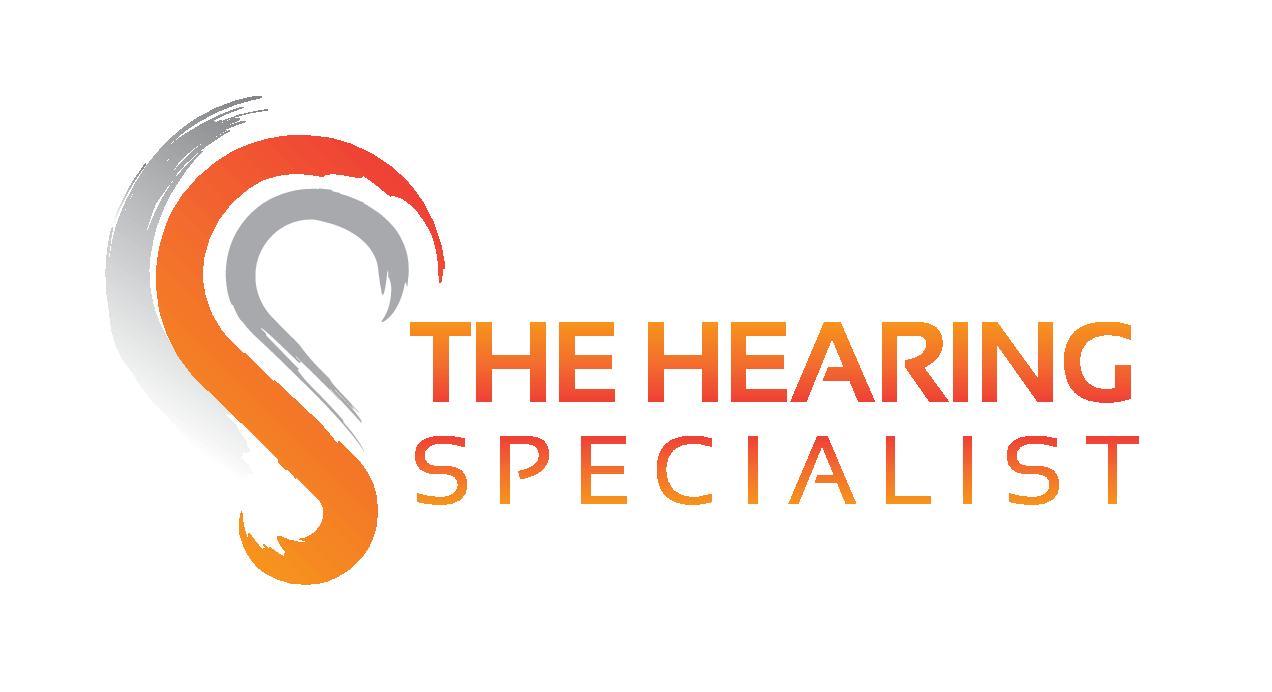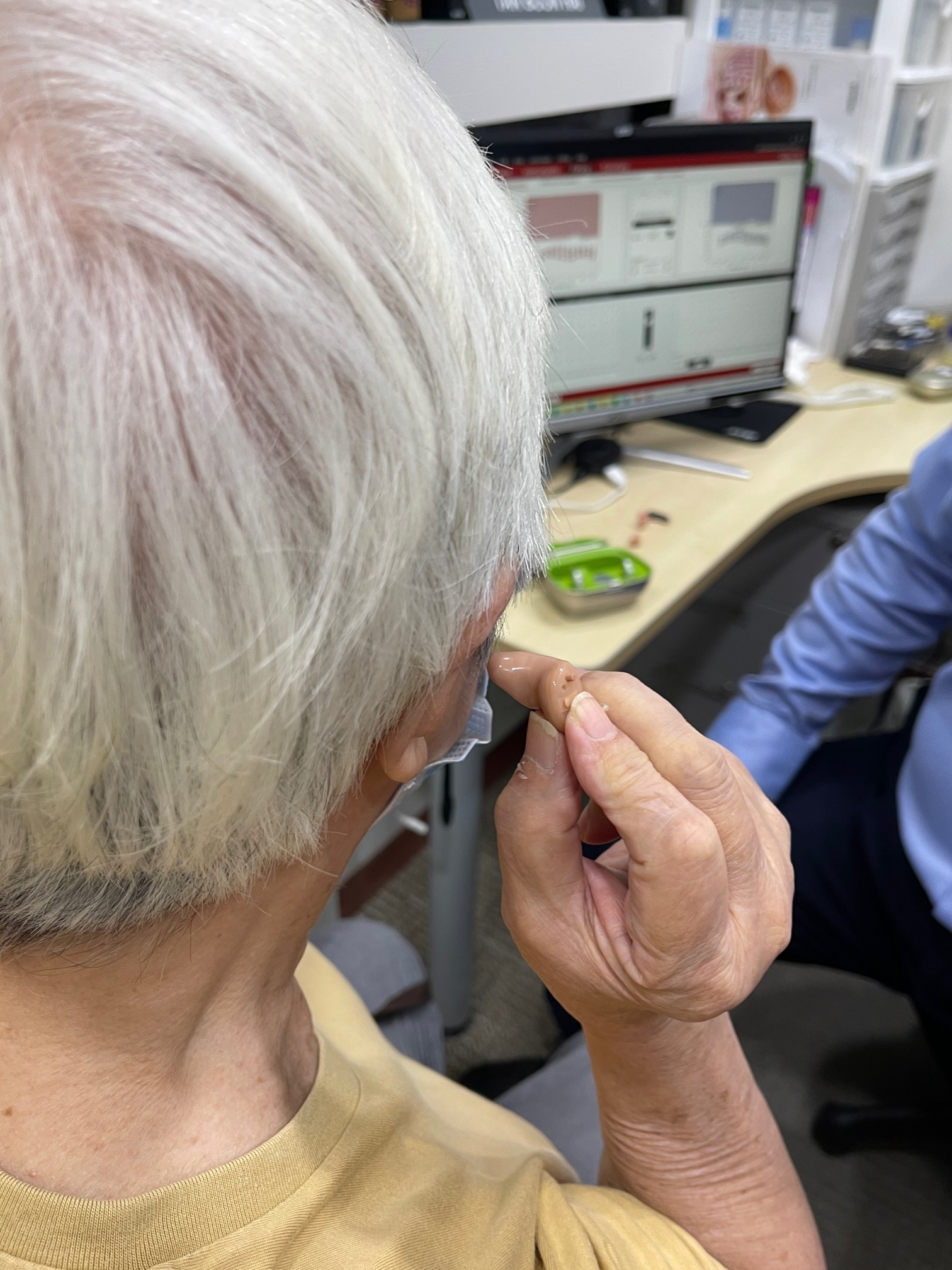Media & Blog

Bluetooth Technology in Hearing Aid
February 10, 2022
28 July 2020
One of the recent advances in hearing aid technology is wireless connectivity.
Wireless connectivity allows communication between devices without a physical wired connection. Advanced digital hearing aids uses Bluetooth wireless technology to link and exchange data between devices over short distances. This results in high quality sound being received by the hearing aids which provides the best possible speech intelligibility.
Can you imagine life without TV or phone? Before the introduction of wireless connectivity in hearing aid, picking up sounds from TV or mobile phone can be challenging for many hearing-impaired individuals. Hearing difficulty also makes staying connected with loved ones challenging especially during the current health crisis.
The introduction of Bluetooth technology in hearing aids helps users hear better in one-to-one conversations and more. They can enjoy favorite sounds activities like chatting with friends and family over phone calls, watching TV dramas, streaming YouTube videos, listening to music and more. This feature in modern hearing aid is especially helpful to patients with severe to profound hearing loss.
How does Bluetooth technology works?
This is achieved with Bluetooth connectivity where your favorite TV programs can be streamed to both your hearing aids, directly and automatically. Likewise, your mobile phone signals, music can be streamed directly to both your hearing aids wirelessly and automatically which enhances your listening experience and helps you stay connected.
Is Bluetooth in hearing aids safe?
Now that we are aware of the wide range of lifestyle enhancing benefits from Bluetooth technology in hearing aids, the next question you may ask are:
- a) Are Bluetooth technology in modern hearing aids safe to use?
- b) Do they pose any risk to human health when used for long periods of time?
You are not alone if you have all these questions in mind. We have received questions regarding the safety of hearing aids with Bluetooth connectivity, especially when many users wear the hearing aids between 8 to 15 hours daily and it sits right next to your head.
In order to understand whether hearing aids with Bluetooth are dangerous to your health, we need to first understand a few things.
Firstly, what is Bluetooth?
It is a radio frequency that operates at 2.4GHz signal. This 2.4GHz signal wirelessly communicate from a device (e.g. hearing aid) to another Bluetooth device like a tablet, phone or computer.
Secondly, we need to understand what type of radiation is being emitted from a Bluetooth hearing aid? Bluetooth radio frequency is a type of electromagnetic radiation and there are 2 different types of electromagnetic radiation. They are namely,
1.Ionizing Radiation
This is the type of radiation emitted from x-ray machine and gamma rays. Exposure to ionizing radiation like x-ray has been proven to increase one’s risk to cancer, this is because the energy behind ionizing radiation is strong enough to actually separate electrons from atoms which is detrimental to your health.
2.Non-Ionizing Radiation
Non-ionizing radiation is emitted in the form like Wi-Fi and Bluetooth, technology utilized in mobile devices such as smart phones which you are familiar with.
Studies into other possible risks on non-ionizing radiation on impact on health are still ongoing. To-date, there is no consistent research to suggest that non-ionizing radiation from Bluetooth device would create enough energy to cause any harm to you. In addition, the amount of non-ionizing radiation from Bluetooth devices e.g. hearing aids emit is significantly less than what’s generated from a mobile phone.
Hence, Bluetooth hearing aid are safe to use since mobile phone usage has become so prevalent and it emits far greater non-ionizing radiation than a hearing aid does.
As always, we emphasize the importance of education and keeping up to date on the advances in hearing aid technology. Our team of professional, experienced Audiologists help you understand how you and your loved ones can benefit from the advances in modern hearing aid technology and partner you in the journey towards successful hearing outcome together.




